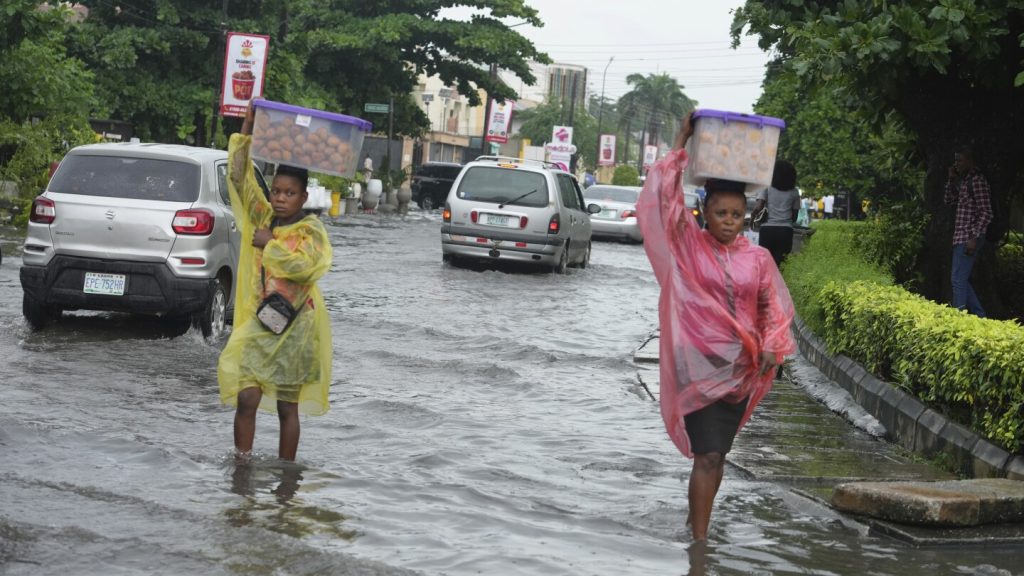The World Meteorological Organization has warned that African nations are suffering disproportionately from the impacts of climate change, with up to 5% of their GDP being lost each year. This is significantly higher than the global average, and many African countries are spending up to 9% of their budgets on climate adaptation policies. Despite contributing less than 10% of global greenhouse gas emissions, Africa is the most vulnerable region to extreme weather events such as droughts, floods, and heatwaves. The effects of climate change on the continent are wide-ranging, affecting food security, public health, and peace.
In 2023, Africa experienced one of its hottest years on record, leading to significant challenges for countries across the continent. The World Meteorological Organization highlighted the need for African governments to invest in early warning systems and meteorological services to mitigate the impacts of climate change. Without adequate measures, up to 118 million Africans could be exposed to droughts, floods, and extreme heat by 2030. In sub-Saharan Africa alone, the costs of adapting to extreme weather events could reach $30-50 billion per year over the next decade, putting further strain on already vulnerable economies.
The impact of climate change on Africa has been severe, with recent extreme weather events causing widespread devastation. In 2023, approximately 300,000 people in West Africa were affected by floods, while Zambia experienced its worst drought in 40 years, impacting nearly 6 million people. The situation has only worsened in 2024, with the Sahel region experiencing widespread flooding that has affected over 716,000 people. In Mali, authorities declared a national disaster due to floods that have impacted 47,000 people since the start of the rainy season. The region also faced an unprecedented heat wave earlier in the year, leading to a surge in deaths.
The report emphasizes the urgent need for stronger climate adaptation measures in Africa to protect vulnerable populations from the impacts of climate change. Investments in early warning systems, meteorological services, and infrastructure improvements are crucial to building resilience and reducing the human and economic costs of extreme weather events. African governments are encouraged to prioritize climate action and work together to address the challenges posed by global warming. By taking proactive measures now, countries in Africa can better prepare for the increasing frequency and intensity of extreme weather events.
As the impacts of climate change continue to escalate, the international community must also step up its support for African nations facing the brunt of global warming. Financial assistance, technology transfer, and capacity-building initiatives are essential to help African countries build resilience and adapt to the changing climate. Collaborative efforts between governments, civil society, and international organizations are needed to tackle the root causes of climate change and protect the most vulnerable populations. By working together, the world can address the disproportionate burden that African nations are bearing and ensure a more sustainable future for all.


